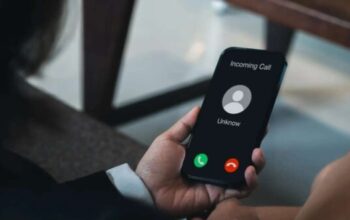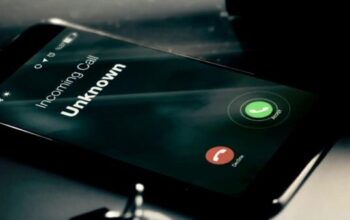SolarWinds over the weekend admitted that hackers had exploited a backdoor in an update of some of its software released between March and June.
The US Department of Homeland Security was the third federal department to be focused in a significant cyberattack, US media detailed Monday, a day after Washington uncovered the hack which may have been facilitated by a foreign government.
The Washington Post referred to anonymous officials who said that the DHS – which is accountable for shielding the nation from assaults both on the web and off – had been added to a developing rundown of focuses in the assault, including the Treasury and Commerce offices.
An assertion from DHS Monday didn’t affirm the report, saying just that it was “aware of cyber breaches across the federal government and working closely with our partners in the public and private sector on the federal response.”
The Cybersecurity and Infrastructure Security Agency (CISA), which is connected to the DHS, on Sunday said it had requested government offices to promptly quit utilizing SolarWinds Orion IT items following reports that programmers had utilized a new update to access internal communications.
“We urge all our partners — in the public and private sectors — to assess their exposure to this compromise and to secure their networks,” said CISA Acting Director Brandon Wales.
SolarWinds throughout the end of the week conceded that programmers had exploited a backdoor in an update of a portion of its product delivered among March and June.
The hacks are important for a more extensive mission that likewise hit significant network protection firm FireEye, which said its own safeguards had been penetrated by complex aggressors who took devices used to test clients’ PC frameworks.
FireEye said it speculated the assault was state-supported, and cautioned it might have influenced various prominent focuses across the globe.
“This campaign may have begun as early as Spring 2020 and is currently ongoing,” FireEye said in a blog entry.
- Russia included? –
The substance the programmers have looked to take – and how fruitful they have been – isn’t known right now.
“We believe this is nation-state activity at significant scale, aimed at both the government and private sector,” said IT giant Microsoft, which is additionally researching, in a blog entry.
While Microsoft avoided naming a nation, a few US media blamed the Russian gathering “APT29”, otherwise called “Cozy Bear.”
As per the Washington Post, the gathering is essential for Moscow’s knowledge benefits, and hacked workers at the State Department and the White House during the Obama administration.
The Russian Embassy in the United States completely denied the allegations in an explanation on Facebook.
Both public society and private areas should be progressively prepared for such hacks, cautioned Hank Schless, senior manager at Lookout, a California-based mobile security company.
“Adversarial nation-states have recognized the value in targeting both sectors, which means neither is safe from the types of attacks that have government resources behind them,” he said.
Matt Walmsley of Vectra, which gives cyberattack detection services from its base in California, concurred.
“Security teams need to drastically reduce the overall risk of a breach by gaining instant visibility and understanding of who and what is accessing data or changing configurations, regardless of how they are doing it, and from where,” he said.



